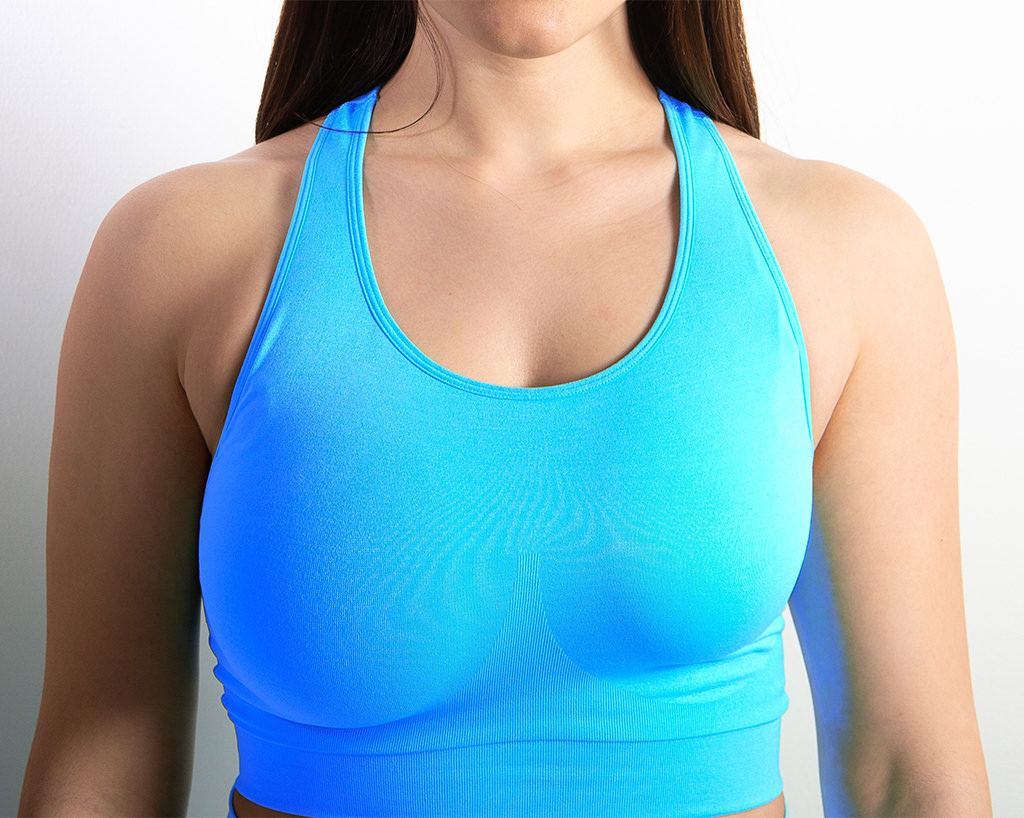Breast implant revision surgery is a procedure to remove and/or replace previous breast implants. Patients may feel their breasts have changed over time due to aging, pregnancy, breastfeeding or weight loss. Revision implant surgery can restore an esthetically pleasing shape and size to your breasts.
There are different options available for revision surgery, including exchanging the implants, lifting the breasts or removing the implants. At Phi Plastic Surgery, Dr. Gdalevitch will listen to your concerns, discuss your options, and create a surgical plan that is right for you.

 PLASTIC
PLASTIC


